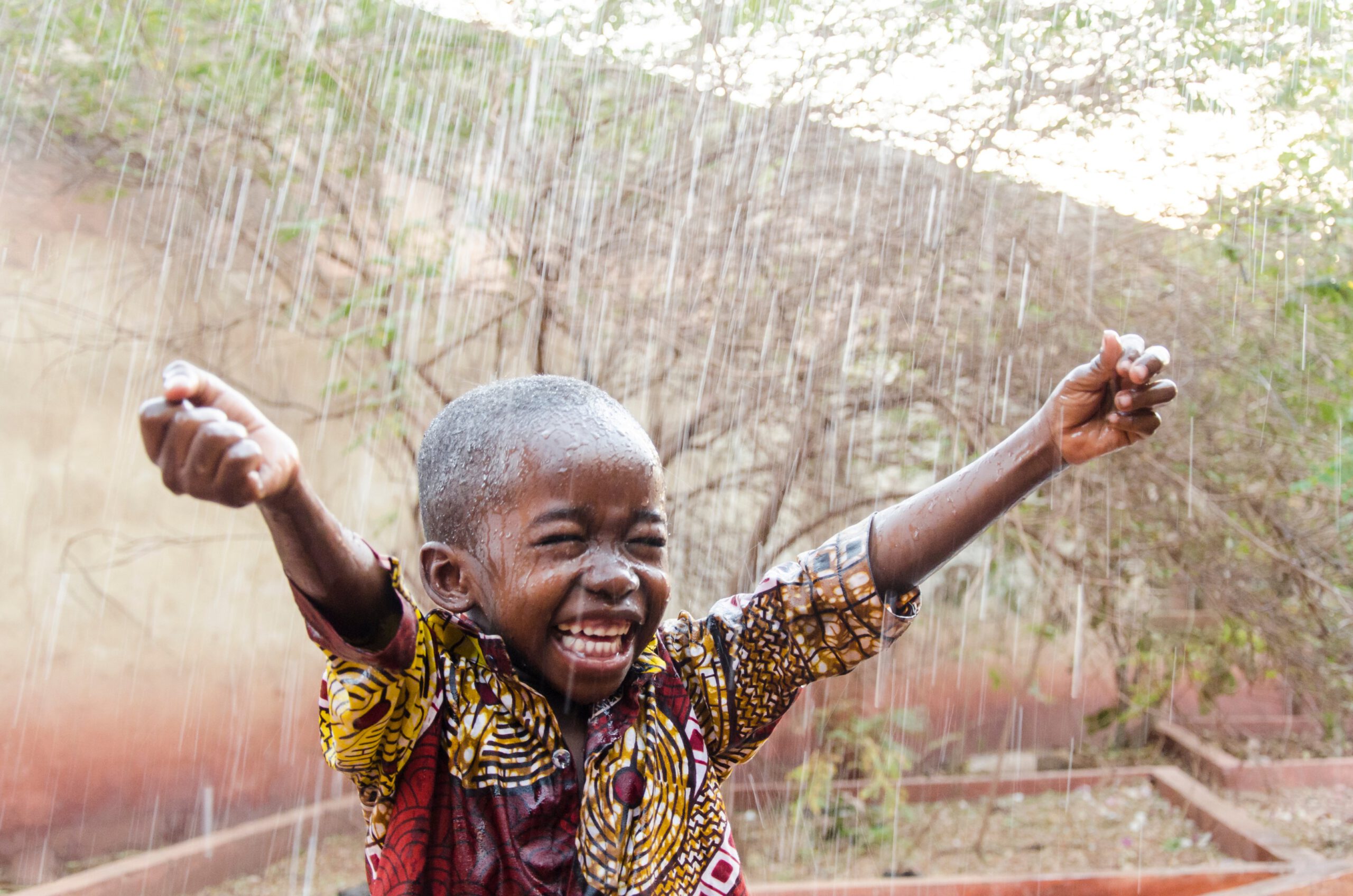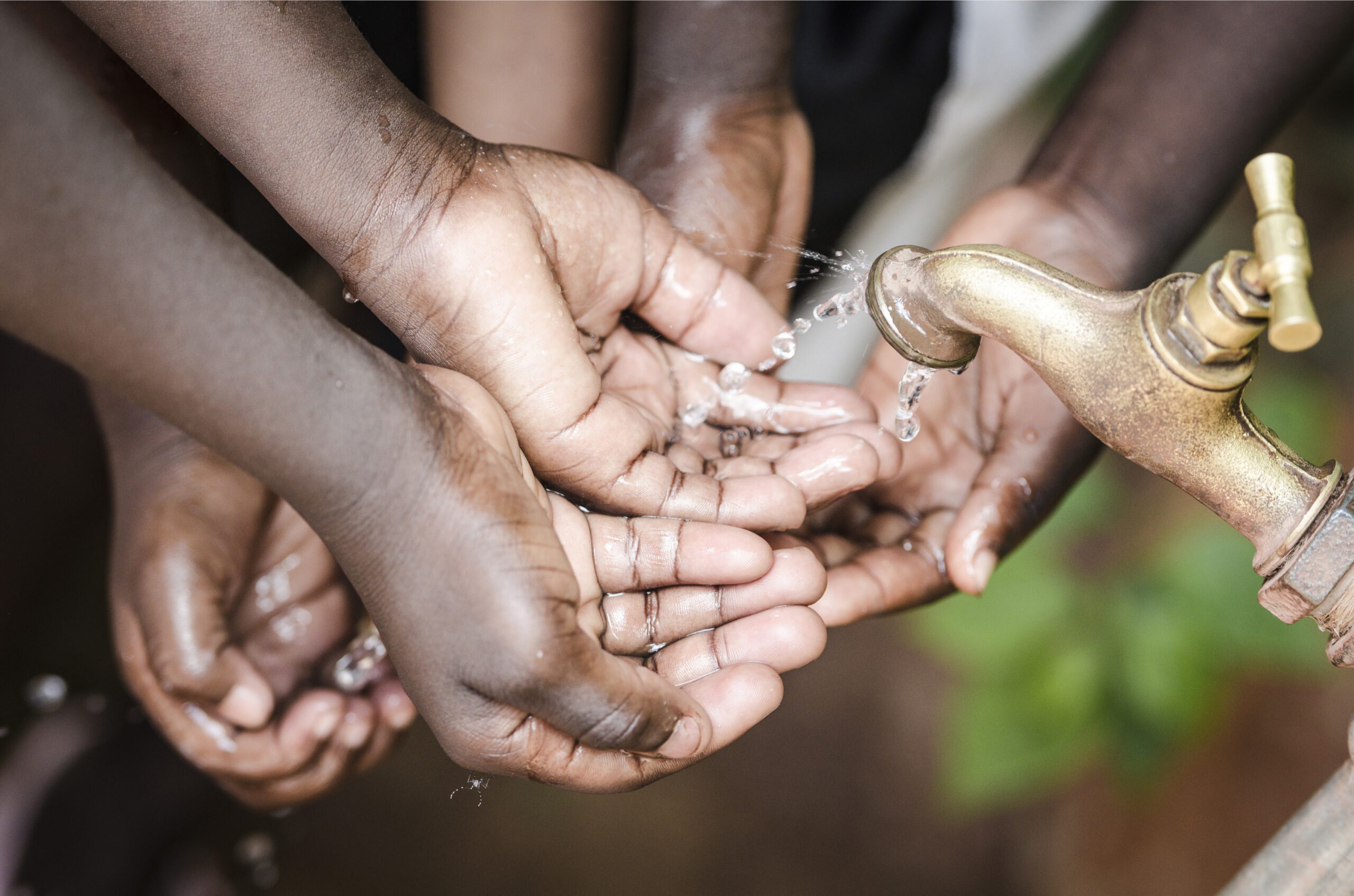Home › Blog › NGOs and charities bringing drinking water to the world

For nearly 40 years, charity organizations and non-governmental organizations (NGOs) have been working in drought-plagued areas of the third world to address the chronic shortage of clean, safe and sustainable drinking water. More recently, even prosperous countries have been calling for help as a result of the effect that global warming and pollution has had on water supplies.
Now, their help has become even more vital, as a result of the pressure brought about by the coronavirus pandemic that has had a direct effect on charity bodies and voluntary NGOs themselves. On one hand, there is much more work to be done for communities suffering from health and economic issues. On the other side, their revenues have shrunk owing to the general economic downturn that accompanied lockdowns and the other side effects of the pandemic. Nevertheless, even with this added pressure, around the world they are still looking for a workable solution to the crisis in water that faces the non-developed world. Because now, COVID-19 has become a more urgent threat, with a substantial and far-reaching effect on the challenges faced by countries and populations. It has forced the world to change its perspective of how important clean safe drinking water is in fact.
One of the hard lessons of the pandemic is that safe, reliable, secure clean water supply is even more important now than ever before. All scientific advice on how to deal with restricting the spread of the virus has emphasized that one of the most essential components must be sanitation. For this, washing hands, general hygiene and clean drinking water are all basic necessities without which fighting the infections cannot succeed. In the past, many of the leading NGOs working in this field have promoted the Water, Sanitation and Hygiene (WASH) program, promulgating the need for safe water, clean toilets and good hygiene to keep people alive and healthy. Now even more, WASH will become a key component of the activities of both official and non-government bodies to deal with COVID-19 putting the spotlight on the importance of hand hygiene to prevent the spread of disease via hand washing facilities with soap.
The basic NGO approach, in the more than 100 countries they operate in today, is to provide access to clean water and reliable sanitation, while promoting basic hygiene practices in rural and urban areas, including in emergency situations. They also work directly with schools and health-care facilities to improve access to basic water, sanitation and hand washing facilities, and to establish protocols for preventing and controlling infections. Many work in fragile and emergency settings to help prepare for and respond to humanitarian emergencies. This includes transporting water, ensuring it is purified, and constructing toilets in refugee camps and transit centers.
Responding to COVID-19, most have mobilized teams and resources in a global response to the pandemic, to procure supplies for infection prevention and control, and work closely with governments to provide guidance to communities, health-care providers and education. As mentioned above, one of the lessons learned from the pandemic is the need to increase focus on sustainability; to make all WASH programs sustainable and adaptive to climate change.

There is no doubt that every one of the hundreds of NGOs that dedicate themselves to bringing much needed solutions to people in need of water deserve credit, attention and support.
It would take too long to mention every one of them here, so we took the liberty in highlighting a short list of those that we think have the greatest impact. This list is derived in the most realistic and unbiased way, by examining some statistics that make the individual NGOs stand out from the rest.
Water.org
Water.org’s motto is ‘Safe water protects and saves lives!’ and they are working to bring water and sanitation to the world.
Water.org wants to make water safe, accessible and cost-effective. They help people get access to safe water and sanitation through affordable financing – such as small loans. Water.org gives their effort every day to empower people in need with these life-changing resources; giving women hope; children health and families a bright future.
Click here to visit the website.
Wateraid
43% of hospitals do not have clean water, and Wateraid believes this is the best defense against COVID-19.
WaterAid started in 1981 because no non-profit like them existed. They are determined to make clean water; reliable toilets and good hygiene normal for everyone everywhere within a generation. Since March 2020 Wateraid has scaled up their work in 30+ countries to respond to the Coronavirus pandemic. This rapid-response work – building on their strong track record in providing critical water infrastructure – is how people can change their lives for good.
Click here to visit the website
Charity: water
Charity: water’s motto is ‘We believe in a world where everyone has access to clean water.’
The water crisis is massive, but they believe that by working together, they can solve it.
Charity: water has been on a mission to end the water crisis since 2006. Charity: water is a non-profit organization bringing clean and safe drinking water to people in developing nations, gets people to start their own campaigns to raise money for clean water.
Click here to visit the website
Circle of Blue
Uniting classic journalism and data literacy, Circle of Blue informs global audiences about the growing competition between water, food, and energy in a changing climate.
According to Circle of Blue, the challenge of this century is water; and they supply information and encourage collaboration to meet this challenge.
Click here to visit the website
World Vision
Due to COVID-19, sanitation is more important than ever. Yet, some 60,000 Los Angeles residents lack access to even the most basic sanitation due to homelessness. World Vision has a 60-year history of partnering with donors in the United States and around the world to drill and monitor wells and educate villagers in such sustainable practices as drip farming and using ‘gray water’ – for growing and selling vegetables.
Click here to visit the website
Watch here more about the collaboration we had with World Vision and Ford, providing drinking water from air to water-stressed areas in South Africa.
UN Water
Without clean water and soap, it is difficult to implement simple and effective public health actions that can prevent and manage debilitating NTDs. UN-Water informs policy processes by identifying emerging issues and developing effective collaborative responses. Landmark agreements in recent years on disaster risk reduction, financing, climate change, and the overarching 2030 Agenda for Sustainable Development have created a global framework that is intrinsically connected and mutually reinforcing.
Click here to visit the website
WATERisLIFE
Water is Life motto is ‘Water is Life is about impact’. They know that change is just the combination of two imperative components: resolve and passionate action. Like other water organizations, WATERisLIFE provides clean drinking water, sanitation, and hygiene education programs to schools and villages in desperate need. Bringing safe water to 1 billion people by 2020 was the monumental goal of Water is Life. The New Age Beverage Co. and other partners are joining this effort for all of these people to have access to safe water, sanitation and hygiene programs. WATERisLIFE addresses the two components of the water crisis; Water scarcity – by drilling wells and creating rainwater catchment systems; Water quality – by providing a variety of cutting-edge filtration technologies.
Click here to visit the website